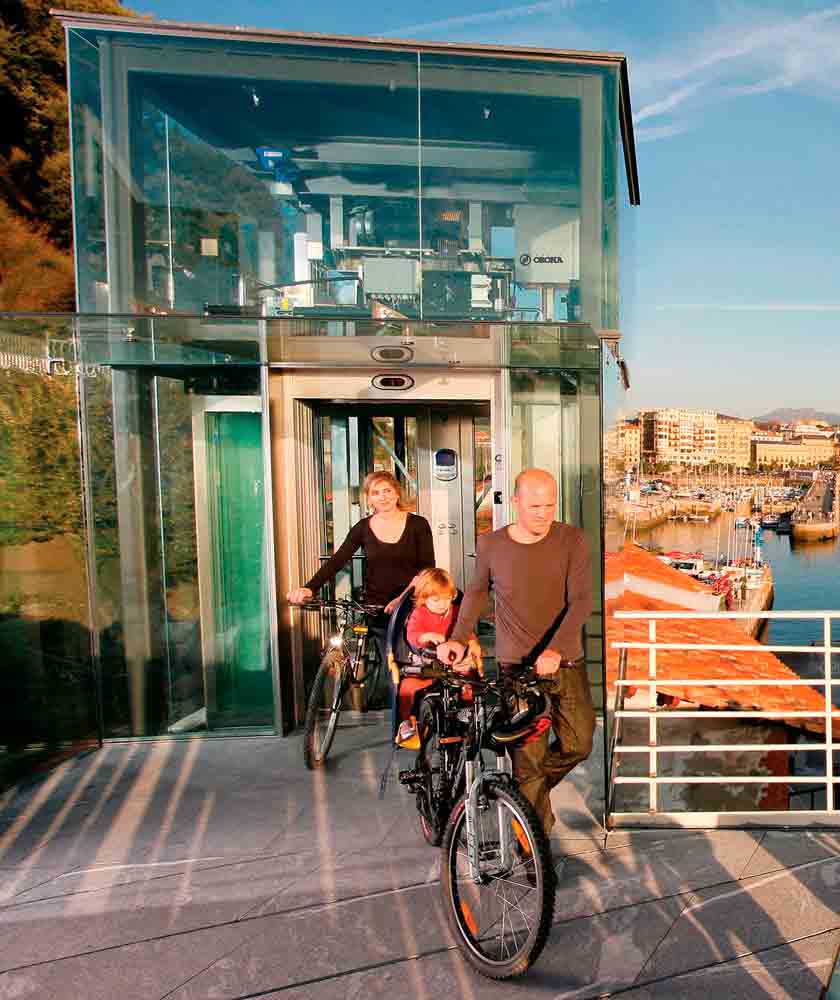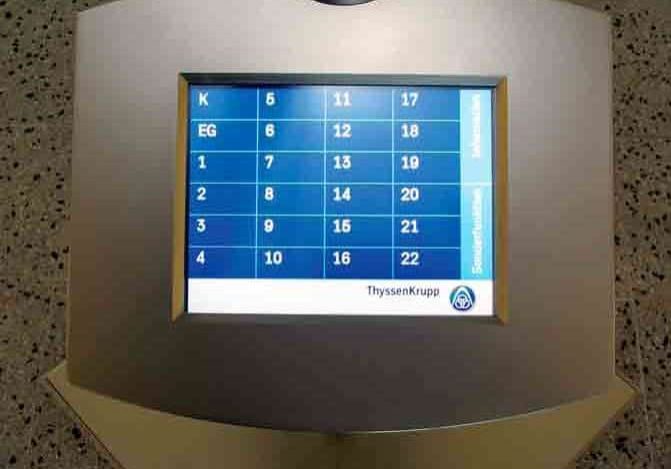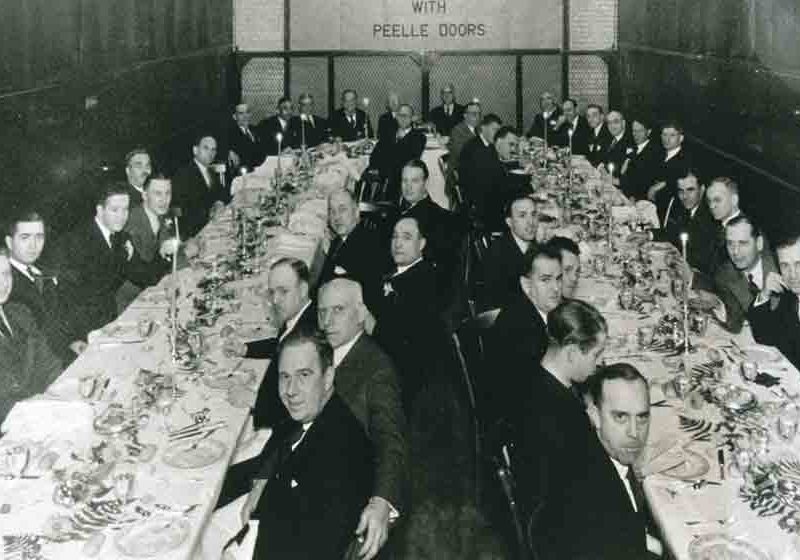Orona’s Environmental Focus
Apr 1, 2012

The research and innovation center expounds upon its goal of achieving a sustainable urban future through environmentally efficient vertical-transportation systems.
Submitted by Orona
Founded in 1964 and headquartered in Hernani, Spain, Orona’s business group is comprised of more than 30 companies in Spain, France, Portugal, U.K., Ireland, Belgium, Netherlands and Luxembourg. With two production plants in Europe employing 4,080 professionals, Orona is a European leader in terms of its capacity for producing complete lift systems. With the goal of achieving a more sustainable urban future through environmentally efficient vertical-transportation systems, Orona is a research and innovation center for sustainable and self-sufficient urban mobility that also provides energy-analysis services.
Design
Orona is one of the first companies in the lift sector to receive environmental-design certification in accordance with ISO 14006. It has developed and applied eco-efficient concepts to its 3G line of platforms, achieving energy consumption changes equivalent to a reduction of 2,148 kg of CO2 per year compared to hydraulic lifts, with a reduction of 1,074 kg CO2 per year compared to conventional two-speed models. In accordance with VDI 4707, Orona 3G solutions comply with maximum energy classification in all categories.
3G
At Interlift 2011 in Augsburg, Germany, Orona presented its 3G product line, which includes:
- Orona 3G 2016: Installed in a tower stand, this lift is capable of transporting 13 passengers at speeds of up to 1 mps. Distinguished for traffic, transport capacity, robustness, range and comfort, it incorporates drives that reduce operational energy consumption by 45%. The lift incorporates LED lighting and an automatic shutoff system, indicators with automatic offset and an energy storage system with consumption indicator. The energy produced from lift movement and the performance of the regenerative system can be viewed on screens outside the tower. These systems allow stored energy to be used to reduce energy consumption and enable rescue operations in the event of power failure.
- The stretcher car shown on the stand, with dimensions of 1,100 X 2,100 mm, coated in linen stainless steel, a ceramic floor and LED lighting, complies with Health Technical Memorandum guidelines for hospitals as published by the U.K. National Health Service. The car has a non-glare ceiling, maintains lighting for up to 3 hr. in emergencies and has specific control functions for hospitals.
- The “universal machine for lift replacement” offers advantages in size and use of space and high torque, and is 30% more energy efficient compared to geared machine-room-less units. In addition, its rope does not require oiling.
- Orona’s 3G lifts provide quality performance through the use of:
- Direct traction drives that reduce energy consumption by up to 50% compared to conventional two-speed lift models and up to 70% compared to hydraulic lifts.
- LED lighting, lighting switch-off operations for when the lift is not in use, intelligent control of destination selection and standby mode for controls are also available.
Net0Lift (Net Zero Lift)
Orona is one of Spain’s leading R&D companies and, for the past four years, has pursued the development of technology aimed at sustainable lift systems for new and existing buildings through the Net0Lift project. With a budget of EUR27.5 million (US$36.4 million), the project has proven successful, seeing participation from 13 companies, 14 universities and several technology centers. It has developed technology that allows lifts to become increasingly sustainable and reduce car weight by up to 50%. Progress has also been made in the use of existing excess energy created by an empty car in up travel or a fully loaded car in down travel through the accumulation of excess energy, which is stored in batteries or returned directly to the building.
Environmental Commitment
In 2011, Orona monitored and controlled energy consumption in all its production plants and instituted environmentally conscious policies. Maintenance operators in warm geographical regions are to only drive electric motorbikes to perform maintenance, and the company signed a contract with Energy Organism to utilize electric vehicles for maintenance service-call travel. In March, five Orona lift and escalator maintenance operators began using electric vehicles for service calls. In addition, all maintenance operators are required to attend efficient driving courses to learn to become more mindful of the environment. For the third consecutive year, Orona will sponsor the Get Up award, directed at Engineering and Architecture graduates of San Sebastian, Alfonso X and Madrid universities whose projects are environmentally focused.
In May, Orona’s buildings will receive energy-management certification in accordance with ISO 50001. According to expert assessments, Orona will be the first company in the lift sector to obtain such a certification. ISO 50001 certification can help organizations improve their energy efficiency and reduce environmental impact. The standard provides a model to help systematically plan and manage energy usage. With a focus on performance and improvement, ISO 50001 will contribute to greater energy efficiency by:
- Providing a framework for integrating energy efficiency in management practices
- Improving use of energy-consuming goods
- Comparing, measuring, documenting and reporting improvements in energy intensity and expected impact on greenhouse-gas emissions
- Allowing transparency and communication in the management of energy resources
- Providing best practice energy management and good practice energy management
- Assessing and prioritizing the implementation of new energy-efficient technologies
- Providing a framework to promote energy efficiency throughout the supply chain
Get more of Elevator World. Sign up for our free e-newsletter.








